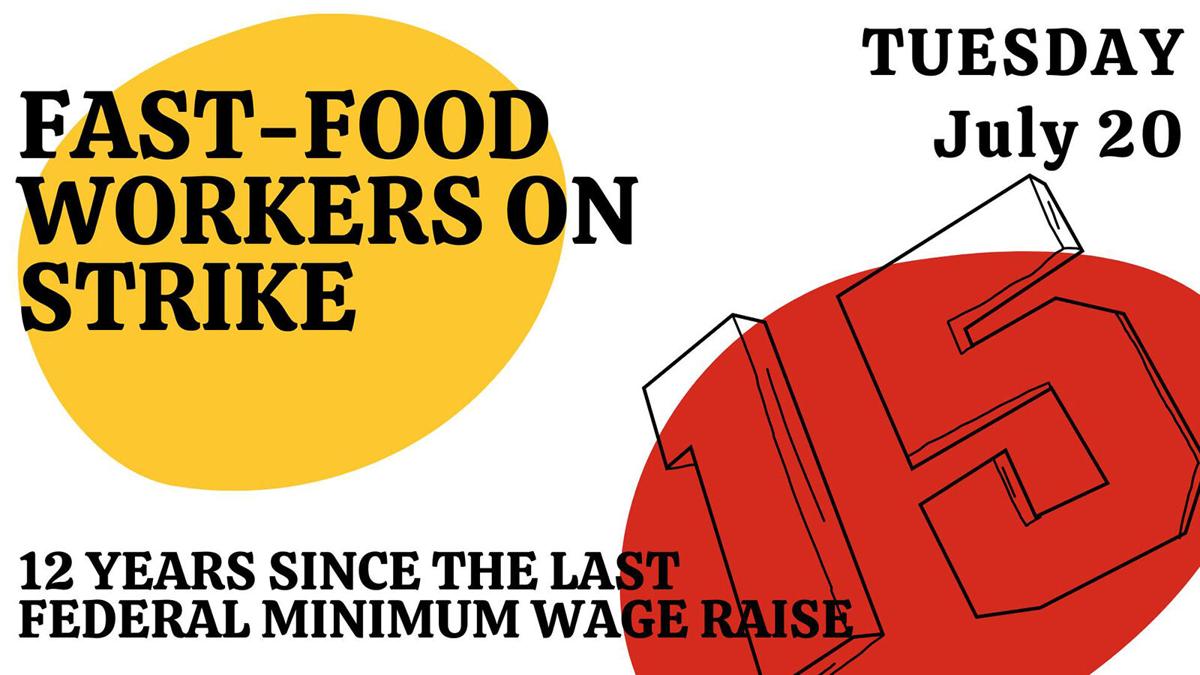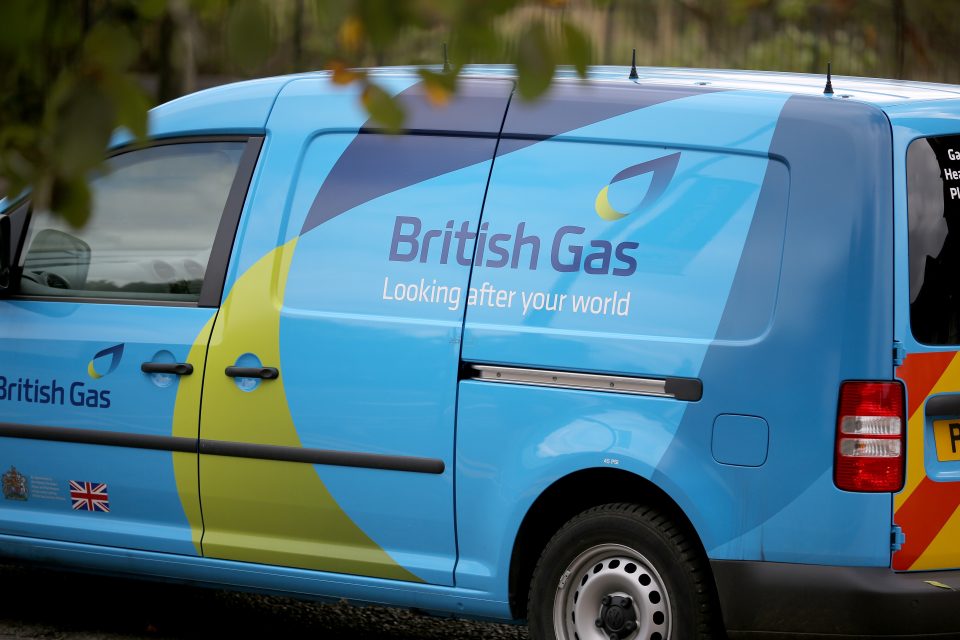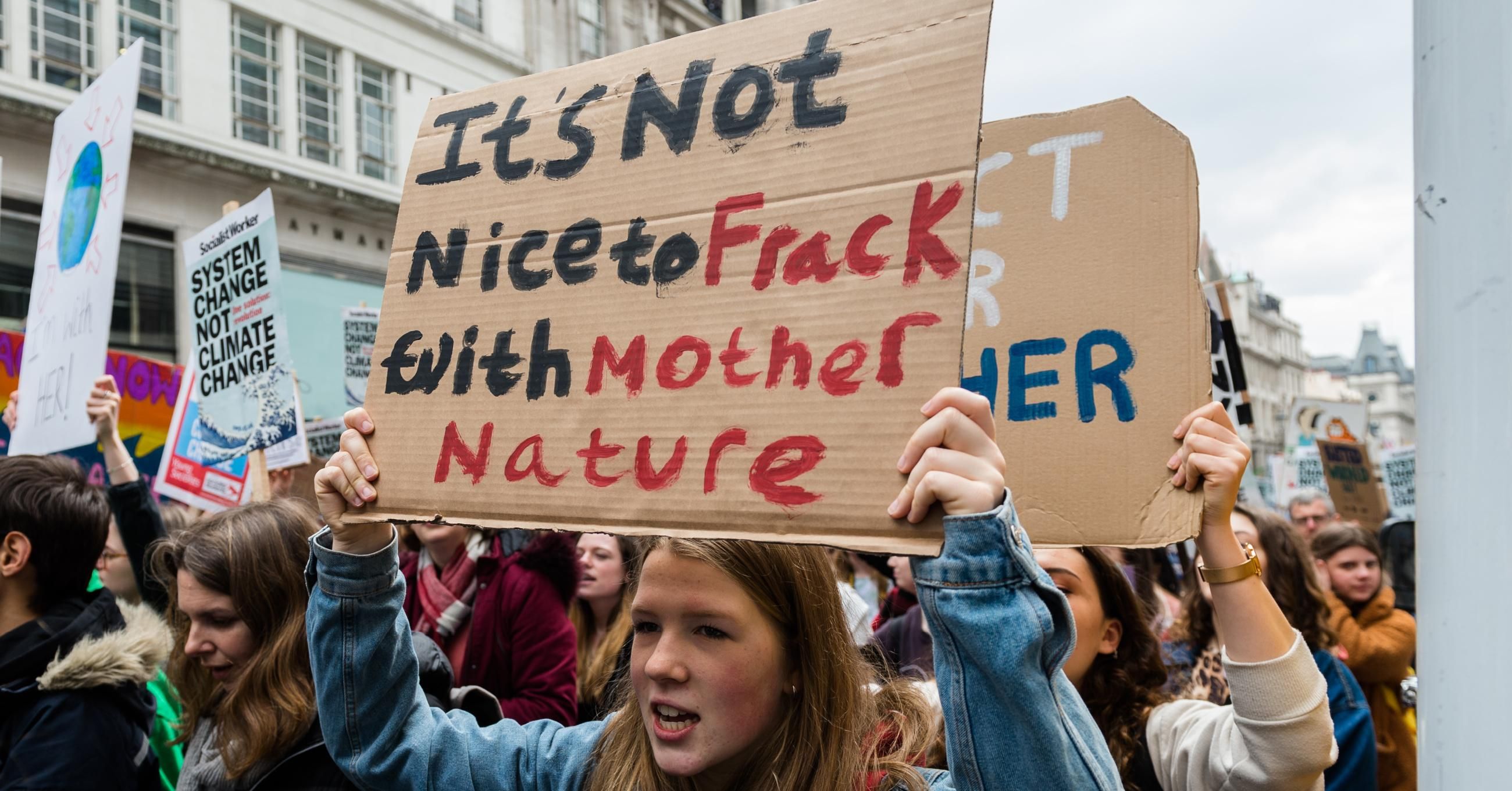Posted Jul 19, 2021

The Burlingame Fred Meyer store shown on October 21, 2011.Benjamin Brink/The Oregonian
By The Associated Press
Fred Meyer warehouse workers have voted unanimously to authorize a strike, which could disrupt food distribution at 180 locations across the Pacific Northwest as early as Monday.
KOIN reports that contract negotiations between Teamsters Local 117 and Fred Meyer have been underway with little progress. Union officials say Fred Meyer rejected a proposal to allow workers to refuse a task that would put themselves or the public in danger. The strike authorization vote was on Saturday.
“With all the COVID outbreaks that wreaked havoc on the warehouse, you’d think they’d be a little more concerned about our safety and the safety of the public,” Matt Collins, a Shop Steward who believes he contracted COVID-19 in the workplace last year, said in the union’s press release. “But, sadly, that’s not the case.”
Teamsters Local 117 represents roughly 500 warehouse workers with Fred Meyer, servicing stores in Washington, Oregon, Alaska and Idaho. A work stoppage could go into effect as early as midnight on Monday.
Fred Meyer officials told KOIN they plan to continue negotiations.
“Our company will continue to pursue a fair and balanced contract that honors associates and keeps the company competitive,” a Fred Meyer spokesperson said. “Note that a strike authorization vote does not mean that there will be a strike. We do not anticipate any disruption in service and it is business as usual in our stores.”
The vote to authorize a strike, which passed 335-0, came a day after Teamsters Local 174 reached a tentative agreement with Safeway over a three-year contract — presenting a “stark contrast” between the two contract negotiations.
“In negotiations, we’ve seen a tale of two companies,” said John Scearcy, Secretary-Treasurer of Teamsters Local. “With Safeway, you’ve got an employer that praises their workers as essential, then treats them that way by putting forth an excellent contract proposal that members can ratify. Fred Meyer, on the other hand, has been slow to respond to our economic proposals, ignored our safety concerns, and dragged out negotiations beyond the expiration of our contract.”













